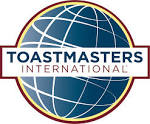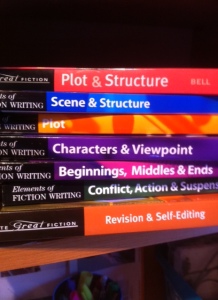Music? I thought we were talking about writing.
Yes, we are, but many writers find it beneficial as well as enjoyable to surround themselves with the music of their choice as a background to their writing time. Of course, preferences vary greatly. I’ve heard of a writer who rented a small, windowless room in which he cloistered himself while working. No sound. No sunshine. No distractions. I’d go screaming mad in short order, but to each his own.
I’ve also heard of writers who play loud, heavy metal type music in their writing space. I would be brain dead in minutes, but again, we have different personalities and preferences.
Some writers love to write in coffee shops, which offer their own background music and chatter. In fact, there are apps available to bring the sound of the shop into your home office. I’ve tried https://coffitivity.com, but I don’t write well in coffee shops (as I stated in my November Tools of the Trade column), and once the repertoire begins to repeat, it becomes distracting.
My personal preference is to have an oldies station or playlist playing fairly quietly on the Bose in the other room so it’s not right in my ear. My middle daughter would shudder at this!
Whatever surroundings you work best in, music can prove to soothe the senses, inspire ideas, excite your creativity, and otherwise encourage writing. You can create your own playlist, follow a certain site or download an app that plays whatever you want on any particular day.
Here’s an article about music to write by. See what you think. http://blogs.plos.org/neurotribes/2012/11/15/music-to-write-by-10-top-authors-share-their-secrets-for-summoning-the-muse/\
One of my daughters loves http://8tracks.com, but it may take a while to discover the right fit for you.
I find there are a lot of dark sources out there too, so be careful and figure out what works for you. Of course, at this time of year, there’s always Christmas music. Fa la la la la…
I do believe that music can be a strong inspirational element for writing. When I read a portion of one of my novels, I can often hear in my soul the music I played while writing it. So give it a try and see if music doesn’t motivate and inspire your writing.




 ly. As I admitted above, this is a hard-won habit for some of us, but it must be adhered to if we wish to remain mobile and healthy. Excuse me while I fetch another cup of tea and run up and down the stairs
ly. As I admitted above, this is a hard-won habit for some of us, but it must be adhered to if we wish to remain mobile and healthy. Excuse me while I fetch another cup of tea and run up and down the stairs





















